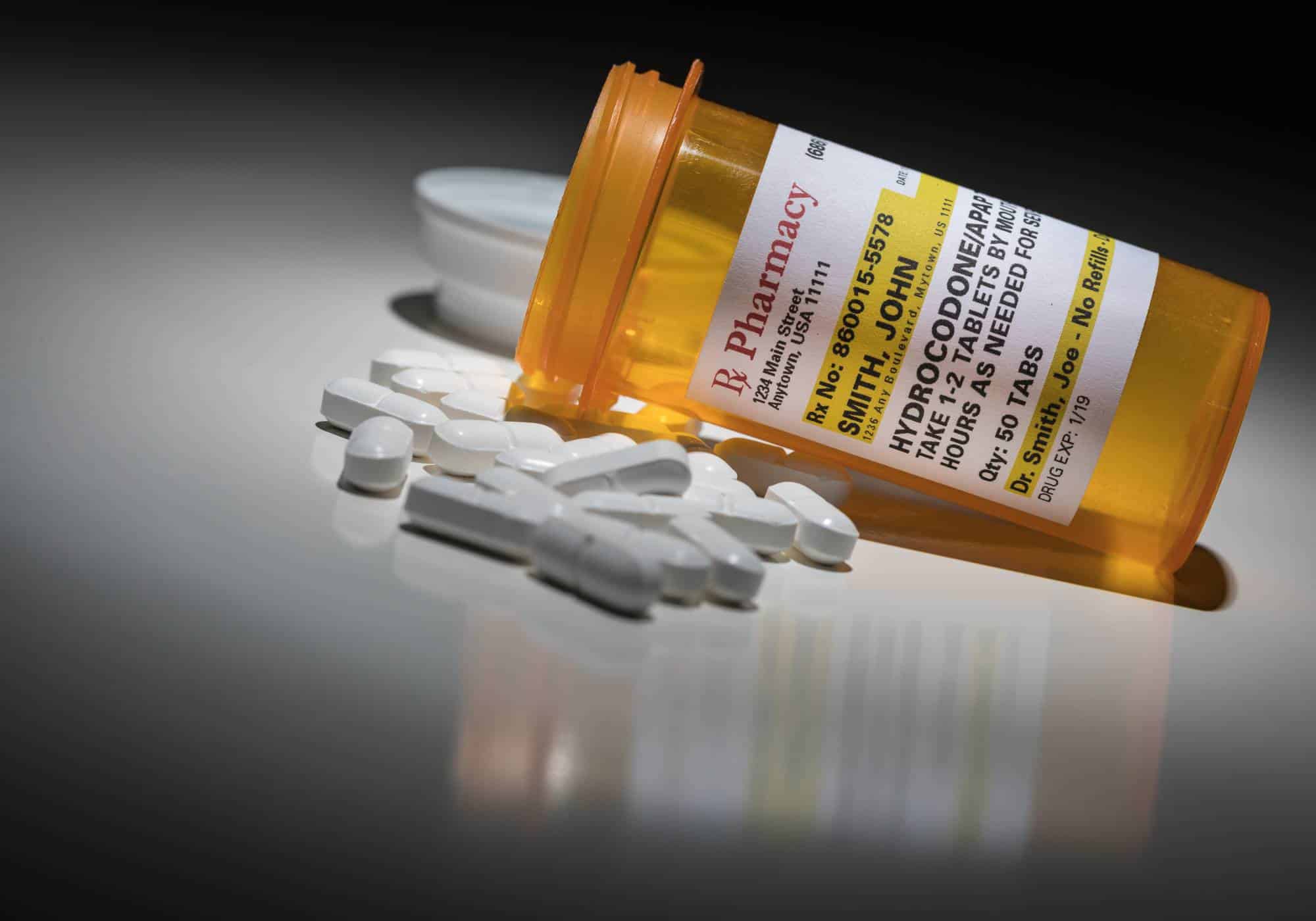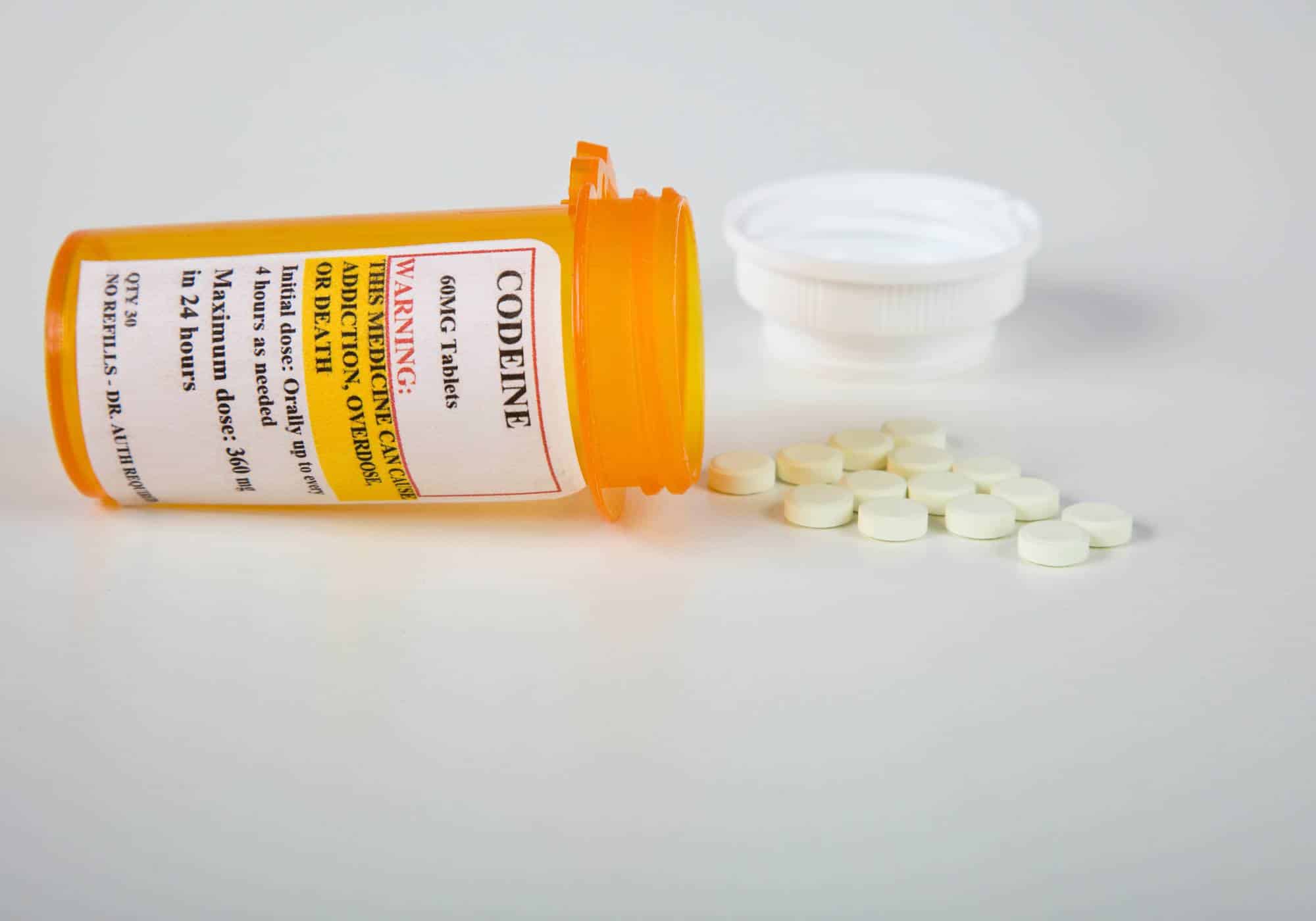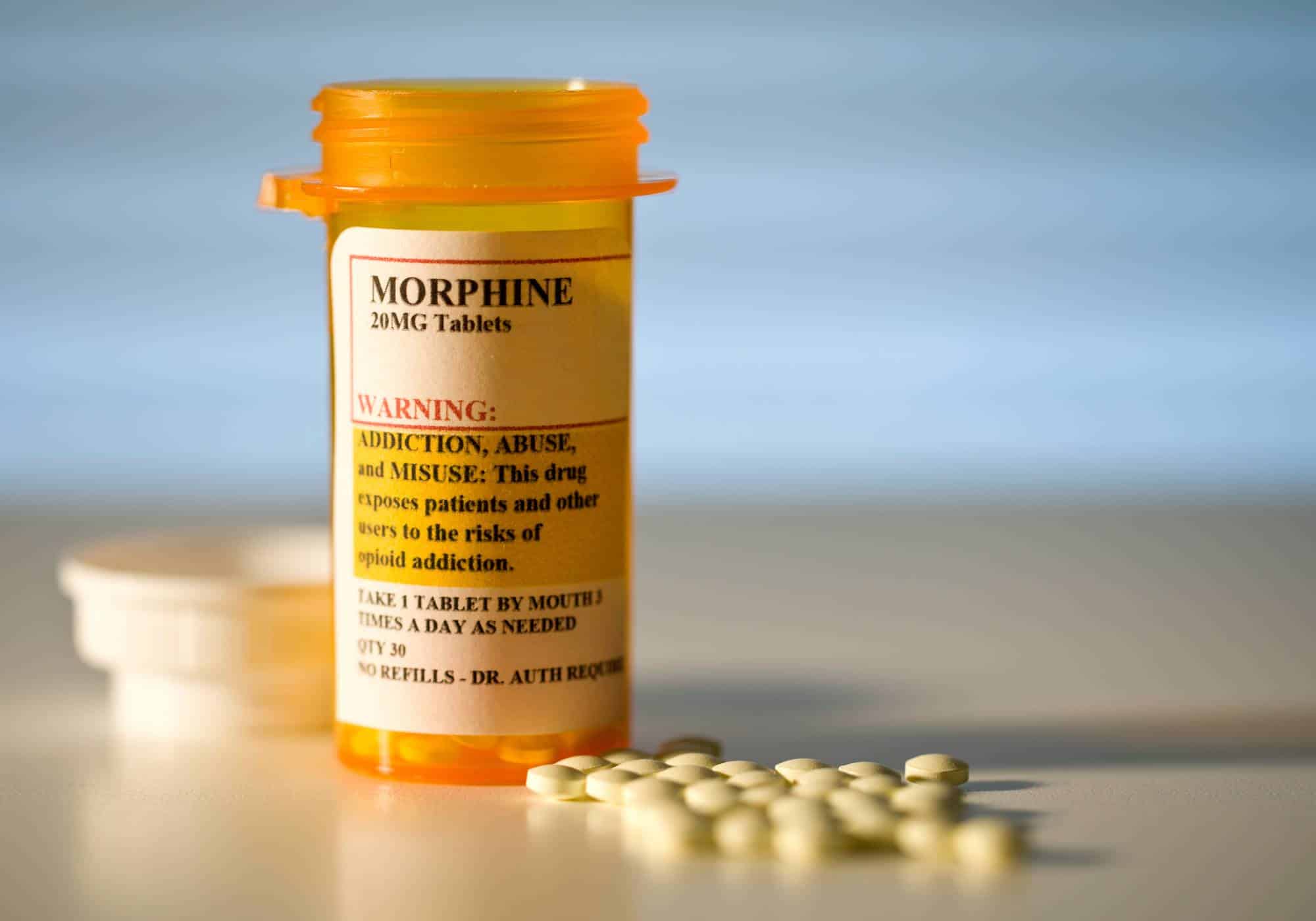Alcohol, despite being one of the most widely used substances in the U.S., carries significant risks, especially when consumed excessively. Overindulgence in alcohol can lead to serious conditions like intoxication, poisoning, or even overdose. Recognizing the symptoms of alcohol poisoning is crucial for timely intervention. These symptoms include:
- Mental confusion and a state of stupor.
- Challenges in staying conscious.
- Frequent vomiting.
- Occurrence of seizures.
- Breathing that is slow or irregular.
- Skin that feels clammy or appears pale.
- A heart rate that is unusually slow.
- Inability to trigger a gag reflex.
- A drop in body temperature, often signaled by chills or shivering.
Being aware of these signs can be lifesaving, as alcohol poisoning is a medical emergency that requires immediate attention. If you or a loved on are struggling with Alcohol Addiction in Atlanta, GA, our alcohol rehab in Atlanta is here. Call us today at 678-929-6304
What is Alcohol Overdose?
Alcohol is often consumed for its relaxing effects and can be part of enjoyable social experiences. However, drinking excessive amounts of alcohol, even just once, can lead to severe health issues.
An alcohol overdose, also known as alcohol poisoning, is a serious health concern that arises from consuming too much alcohol in a short period. This condition occurs when the amount of alcohol in the bloodstream becomes too high, leading to potentially life-threatening consequences.
If you suspect someone is experiencing an alcohol overdose, it’s crucial to call 911 immediately. Alcohol overdose is a medical emergency that requires prompt attention, as it can be fatal if not treated quickly.
What is Alcohol Poisoning?
Alcohol poisoning, often referred to as an alcohol overdose, happens when someone consumes a large amount of alcohol, leading to a high blood alcohol concentration (BAC). This excessive alcohol level can cause critical areas of the brain, responsible for vital life-support functions, to start shutting down.
One common cause of alcohol poisoning is binge drinking, where a person consumes a large quantity of alcohol in a short timeframe. The effects of alcohol, ranging from intoxication to poisoning and overdose, can vary from mild impairments like slurred speech and balance issues to severe and potentially fatal outcomes such as coma and death.
The specific amount of alcohol that might lead to a dangerous or life-threatening overdose differs from person to person. Factors influencing this include age, drinking experience, gender, the amount of food consumed beforehand, and even ethnicity. Each of these factors plays a role in how the body processes and reacts to high levels of alcohol.
What Causes an Alcohol Overdose?
Alcohol acts as a depressant on the central nervous system, slowing down functions like speech, movement, and reaction times. It also impacts all body organs. An alcohol overdose occurs when the amount of alcohol consumed exceeds what the body can safely metabolize.
Here’s how it happens:
- Rapid Absorption: Alcohol is quickly absorbed by the stomach and small intestine, then swiftly enters the bloodstream. The more alcohol you drink, the more it floods into your bloodstream.
- Liver Metabolism: The liver works to metabolize the alcohol, but it has a limit to how much it can process at once. Alcohol that the liver can’t break down circulates through the rest of the body.
- Metabolism Rate: Everyone metabolizes alcohol differently, but on average, the body can process about one unit of pure alcohol per hour. This amount is roughly equivalent to a small shot of liquor, a half pint of beer, or a third of a glass of wine, as per the standards used in the United Kingdom. If alcohol intake exceeds this rate and the body can’t metabolize it quickly enough, it starts to accumulate in the system.
When alcohol levels in the body become too high for the liver to manage, this leads to an overdose, with potentially serious health implications.
What are the Risk Factors for Alcohol Overdose?
Several factors can increase the likelihood of experiencing an alcohol overdose. Understanding these can help in recognizing and mitigating the risks associated with excessive alcohol consumption:
- Age: Young adults often engage in excessive drinking, which heightens their risk of alcohol overdose.
- Gender: Statistically, men are more prone to heavy drinking compared to women, thereby facing a higher risk of alcohol overdose.
- Body Size: The rate at which your body absorbs alcohol is influenced by your height and weight. Individuals with smaller body sizes may feel the effects of alcohol more intensely and are at a higher risk of overdose, even with the same amount of alcohol that might be safe for someone larger.
- Tolerance: Those with a higher tolerance for alcohol, or who consume alcohol rapidly (such as through drinking games), are at an increased risk of overdose.
- Binge Drinking: Engaging in binge drinking, defined as consuming more than five drinks in an hour, significantly raises the risk of alcohol overdose.
- Existing Health Conditions: Certain health conditions, like diabetes, can amplify the risk of experiencing an alcohol overdose.
- Drug Use: Mixing alcohol with drugs can mask the effects of alcohol, potentially leading to increased consumption and a higher risk of overdose.
Being aware of these factors is crucial in preventing alcohol overdose and maintaining safer drinking practices.

What are the Symptoms of an Alcohol Overdose?
Identifying the symptoms of an alcohol overdose is crucial for timely intervention. These symptoms can include:
- Altered mental state, such as confusion.
- Vomiting.
- Pale or bluish skin tone.
- Lowered body temperature, known as hypothermia.
- Loss of consciousness or passing out.
Alcohol acts as a depressant on the nervous system, and drinking more than your liver can process can lead to severe complications, including:
- Reduced or halted breathing, heart rate, and gag reflex, all governed by the nervous system.
- Cardiac arrest as a result of hypothermia.
- Seizures due to low blood sugar levels.
It’s important to note that not all these symptoms need to be present to indicate an alcohol overdose. Critical signs like breathing slowing to fewer than eight breaths per minute or the inability to wake someone up warrant immediate emergency response. Call 911 in such situations.
If you suspect an alcohol overdose and the person is unconscious:
- Never leave them alone.
- Position them on their side to prevent choking in case of vomiting. An unconscious person may lose their gag reflex, increasing the risk of choking or aspiration if they vomit while lying on their back.
- Stay with the person until emergency medical services arrive, as they may require immediate assistance.
Prompt action in these scenarios can be life-saving.
How is an Alcohol Overdose Diagnosed?
When you’re suspected of having an alcohol overdose, your doctor will inquire about your drinking habits and health history. They may conduct additional tests, including blood tests to check your blood alcohol and glucose levels, and urine tests.
An important aspect to consider is the health of your pancreas, which aids in digestion and regulates blood glucose levels. Low blood sugar can be a sign of alcohol poisoning, as excessive alcohol intake can impact pancreatic function.
Treatment for Alcohol Overdose
Treatment for an alcohol overdose typically occurs in an emergency room setting. Here, the medical team will closely monitor your vital signs, such as heart rate, blood pressure, and body temperature.
In cases of severe symptoms like seizures, the treatment may involve:
- Administering fluids or medications intravenously.
- Providing supplemental oxygen, either through a mask or a nasal tube.
- Supplying essential nutrients like thiamin or glucose to counteract potential complications from alcohol poisoning, including brain damage.
- Using medications to control seizure activities.
Immediate and appropriate medical intervention is crucial in treating alcohol overdose, as it can prevent long-term health complications and even be life-saving.
Alcohol Overdose and the Recovery Position
In situations where someone is unconscious, semi-conscious, or unresponsive, it’s crucial to check for signs of alcohol or drug overdose. These signs include:
- Inability to wake up, unresponsive to voice, shaking, or skin pinching.
- Skin that is cold, clammy, pale, bluish, or blotchy.
- Slow breathing, with eight or fewer breaths per minute.
- Gaps in breathing, with more than 10 seconds between breaths.
- Seizures, convulsions, or rigid spasms.
- Vomiting while asleep or unconscious without waking up.
A helpful acronym to remember is MUST HELP:
- MUST – Mental confusion, Unresponsive, Snoring or gasping for air, Throwing up.
- HELP – Hypothermia, Erratic breathing, Loss of consciousness, Paleness or blueness of skin.
This acronym is courtesy of Aware, Awake, Alive.
If you observe any of these symptoms:
- Call 911 immediately for emergency assistance.
- Place them in the recovery position: Gently turn them onto their side to ensure an open airway and prevent choking.
- Never leave them alone: Stay with the person and be ready to perform CPR if necessary.
It’s important to understand that a person who has passed out from an overdose may not wake up, and there is a real risk of death. Quick and informed action can be life-saving.
How Much Alcohol Can Kill You?
Blood Alcohol Concentrations (BAC) in the range of 0.60% to 0.80% are often lethal. However, the specific amount of alcohol that can be fatal varies depending on individual factors. It’s crucial to understand that binge drinking, defined as consuming 5 drinks for men or 4 for women within two hours, can result in a BAC exceeding 0.08%, which is already considered legally impaired in many places.
But death isn’t the only serious outcome of excessive alcohol consumption. More than half of the deaths related to alcohol are due to long-term health complications arising from chronic overconsumption. These include diseases like cancer and liver disorders.
In the short term, excessive drinking can lead to immediate dangers such as polysubstance overdoses (involving multiple substances), increased risk of suicide, and vehicle accidents.
Instead of focusing solely on the lethal potential of alcohol, it’s beneficial to consider the broader spectrum of how alcohol can adversely affect your health. Decisions about drinking should be informed by an understanding of these risks, rather than just the extreme outcomes.

Risk Factors for Alcohol Poisoning
The risk of alcohol poisoning varies from person to person and depends on several factors related to how the body absorbs and processes alcohol. Key factors include:
- Gender differences in alcohol metabolism.
- The speed at which alcohol is consumed.
- Age-related alcohol sensitivity.
- Individual tolerance levels for alcohol.
- Interactions with medications.
- The amount of food consumed before drinking.
Additionally, mixing alcohol with sedative-hypnotics (like benzodiazepines such as diazepam [Valium] or alprazolam [Xanax]) or opioids (like oxycodone or morphine) significantly increases the risk of overdose. These combinations can lead to an overdose even with moderate alcohol consumption.
What to Do if Someone Has Alcohol Poisoning
If you believe someone is suffering from alcohol poisoning, it’s critical to act fast. Don’t wait for all symptoms to appear or for the person to lose consciousness. Common myths like using hot coffee, making them walk, or giving cold showers are ineffective in reversing alcohol overdose.
Here’s what to do:
- Call 911 immediately.
- Gather information while waiting for emergency services, such as the type and amount of alcohol consumed, any other substances or medications taken, existing health conditions, and any known allergies to medications.
- Stay with the person. Keep them in a sitting or upright position on the ground to prevent choking and falls.
- Monitor for vomiting. Encourage the person to lean forward to avoid choking. If they are lying down or unconscious, position them on their side with an ear to the ground to keep their airway clear and prevent choking on vomit.
Quick and informed action is crucial in handling alcohol poisoning, as it can be a life-threatening situation.
Alcohol Poisoning Diagnosis
Alcohol poisoning is diagnosed when an individual suffers harm due to excessive alcohol consumption. This diagnosis is typically based on several factors:
- Observation of Symptoms: The presence of symptoms and signs of alcohol intoxication in the individual.
- Witness Accounts: Information provided by others who observed the person’s increased alcohol consumption.
- Medical Complications: The occurrence of complications requiring immediate medical attention, such as accidents, intentional self-harm, or severe health problems.
The American Psychiatric Association (APA) outlines specific diagnostic criteria for alcohol intoxication, which include:
- Recent Alcohol Consumption: The individual must have recently ingested alcohol.
- Behavioral and Psychological Changes: There should be noticeable and significant changes in behavior, psychology, or social interactions (like aggressiveness or mood swings) that occur during or shortly after drinking.
- Physical Signs of Intoxication: The individual should exhibit physical signs of alcohol intoxication (detailed in the section below).
- Exclusion of Other Causes: These symptoms and behaviors cannot be attributed to another physical or psychiatric disorder.
Understanding these criteria is important for accurately diagnosing alcohol poisoning and ensuring appropriate treatment and care.
Alcohol Poisoning Symptoms
The symptoms of alcohol intoxication, or poisoning, can vary among individuals but are generally noticeable. Not every intoxicated person will show all symptoms. The American Psychiatric Association (APA) lists the following signs of alcohol intoxication:
- Slurred speech.
- Lack of coordination.
- Unsteady walking.
- Nystagmus (involuntary eye movements).
- Impaired attention or memory.
- Stupor or coma.
Signs of Severe Alcohol Poisoning
In cases of severe intoxication, symptoms may escalate to those of an overdose, where the alcohol level in the bloodstream is so high that it threatens vital brain functions. These include:
- Mental confusion and stupor.
- Difficulty staying conscious.
- Vomiting.
- Seizures.
- Slow or irregular breathing.
- Clammy skin or paleness.
- Slow heart rate.
- Loss of gag reflex.
- Unresponsiveness or coma.
- Low body temperature, indicated by chills or shivering.
Is Passing Out a Sign of Alcohol Overdose?
Losing consciousness can be a serious indicator of alcohol overdose. If someone is unable to wake up or only briefly rouses, they may be experiencing a life-threatening overdose and require immediate medical attention.
When to Seek Hospital Care for Alcohol Poisoning
Severe alcohol poisoning is a medical emergency. It’s unsafe to assume an unconscious person will recover on their own. The risk of choking on vomit is high, especially when unconscious, which can lead to asphyxiation and brain damage.
Never leave someone alone if you suspect they have overdosed on alcohol or any other drug. Call 911 immediately and follow their guidance. If in doubt, it’s always safer to call for emergency services and describe the observed symptoms for advice on the next steps.

What is Alcohol Poisoning Treatment?
Treatment for alcohol intoxication, poisoning, and overdose is primarily conducted in emergency care settings. The focus is on supportive care, aimed at managing symptoms and preventing complications. Emergency medical personnel work to stabilize the patient’s condition and ensure their safety during recovery.
Key aspects of treatment include:
- Close observation and monitoring.
- Administration of glucose if blood sugar levels are low.
- Medication as needed.
- Hydration through intravenous (IV) fluids.
- Regular assessment of the patient’s breathing.
Once the individual regains sobriety, medical staff may assess for alcohol or substance use disorders and suggest further evaluation or treatment options.
Is Stomach Pumping an Option for Alcohol Overdose?
Stomach pumping, or gastric lavage, is a potential treatment but is rarely used. It’s typically considered only in severe cases, such as when a large amount of alcohol has been ingested very recently (within 30-60 minutes) or if there’s suspicion of other drug ingestion. In extreme situations where supportive care isn’t sufficient, hemodialysis may be employed, although this is quite rare.
Alcohol Overdose Treatment at Hope Harbor Wellness
Located in the serene suburbs of Atlanta, Hope Harbor Wellness is your ally in the fight against alcohol addiction in Atlanta. Our alcohol rehab centers, dedicated to holistic recovery, are ideally situated to offer you the support you need.
Our compassionate outpatient program collaborates with top-tier medical meth detox facilities, ensuring a safe and effective detox process. Once free from addictive substances, you can seamlessly transition into one of our specialized outpatient treatment programs at Hope Harbor Wellness, designed to address substance use disorders:
- Outpatient Rehab: A flexible program tailored to fit into your daily life.
- PHP (Partial Hospitalization Program): Offers a structured yet non-residential approach to treatment.
- IOP (Intensive Outpatient Program): Provides more intensive care while allowing you to maintain daily responsibilities.
- Dual Diagnosis Treatment Program: Caters to those with co-occurring mental health disorders.
Our alcohol addiction treatment programs incorporate a variety of interventions:
- MAT (Medication-Assisted Treatment): Utilizes medications to ease withdrawal symptoms and cravings.
- Psychotherapy: Addresses underlying psychological aspects of addiction.
- Group Therapy: Offers peer support and shared learning experiences.
- Individual Counseling: Provides personalized guidance and support.
- Family Therapy: Helps heal and strengthen family relationships.
- Holistic Therapies: Focuses on overall well-being, including physical, emotional, and spiritual health.
- Aftercare: Ensures ongoing support post-treatment.
Embark on your journey from meth addiction to recovery with Hope Harbor Wellness. Trust in our dedicated team to guide you every step of the way. For more information or to start your journey, call our admissions team at 678-929-6304.












